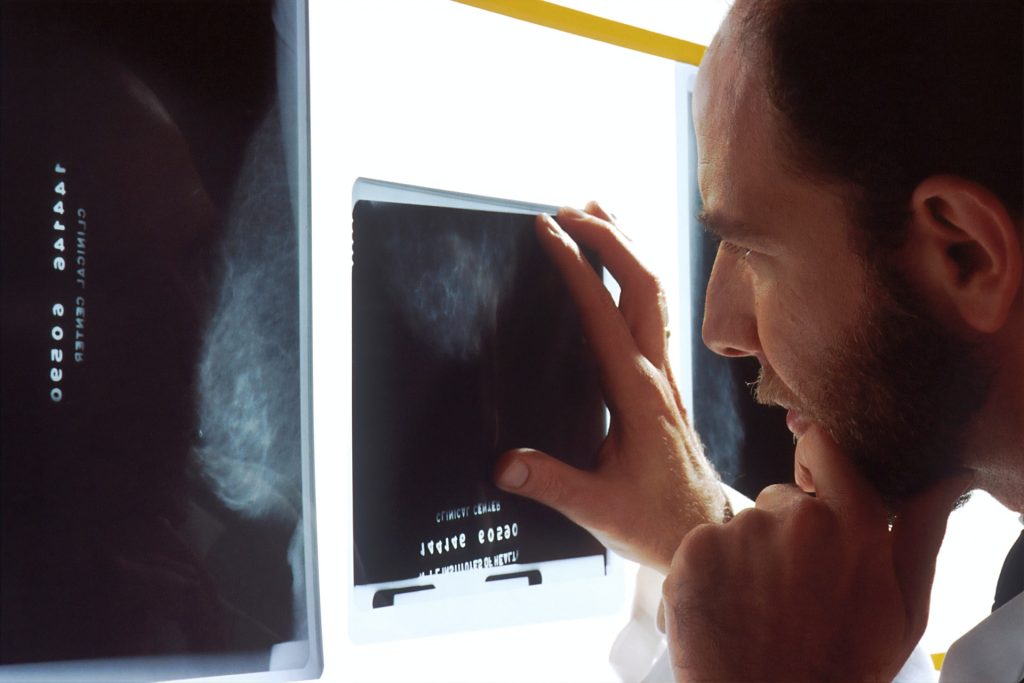
In their recently released Middle East and Africa regional report on cancer, the Swedish Institute for Health Economics (IHE) highlighted challenges for the country’s under-resourced healthcare system. It also highlighted the need to provide training for South African GPs in early detection of cancer.
Cancer is a growing challenge for South Africa. The incidence of cancer cases in South Africa is predicted to double over the next two decades, from 110 per 100 000 in 2018 to 226 per 100 000 in 2040. It is also gradually becoming one of the leading causes of death, from 9% in 2000 to 10% in 2016, even as the share of deaths from cardiovascular diseases and diabetes grows as well. Prostate cancer is the most common (31%) in men by far, while in women breast cancer (27%) was closely followed by cervical cancer (22%).
The COVID pandemic has largely overshadowed the Department of Health’s 207-2022 cancer plan, though successes with HIV have allowed it to move up in priority. A major challenge will be getting it moved up in priority.
The direct costs to the healthcare system from cancer are USD11 (R165) per capita and USD19 (R285) per capita in indirect costs to society (premature death, early retirement, sick leave etc). Yet South Africa’s public healthcare spending is only 4% of GDP, below the World Health Organization informal target of 5%.
In terms of prevention, anti-smoking campaigns have had some effect, though more work needs to be done on tackling obesity. The HPV vaccination campaign is a step in the right direction, the report says, though the hepatitis B vaccination programme is flagging.
In early detection, GPs need better training in recognising the early signs of cancer. Public health literacy is also a priority, along with expanding breast and cervical cancer screening. Given rising incidence, colorectal cancer screening should also be considered, the IHE recommended.
Universal health care continues to be a priority, with the proportion of the population covered by medical schemes remaining static at 17% from 2012 to 2019. Public healthcare, which only offers a defined set of services, suffers from a lack of resources and personnel.
As far as cancer treatment in South Africa goes, public healthcare resembles global standards 20 years ago. Though radiation machines adequately serve the population on a national level, there are significant disparities with long waiting times and machines that can provide modern radiation techniques are limited and not listed in prescribed minimum benefits. Targeted drugs and immunotherapy remain almost exclusively the province of private healthcare, with a lengthy procedure to get drugs listed on the EML. Streamlining this should be a priority, the report recommends.

